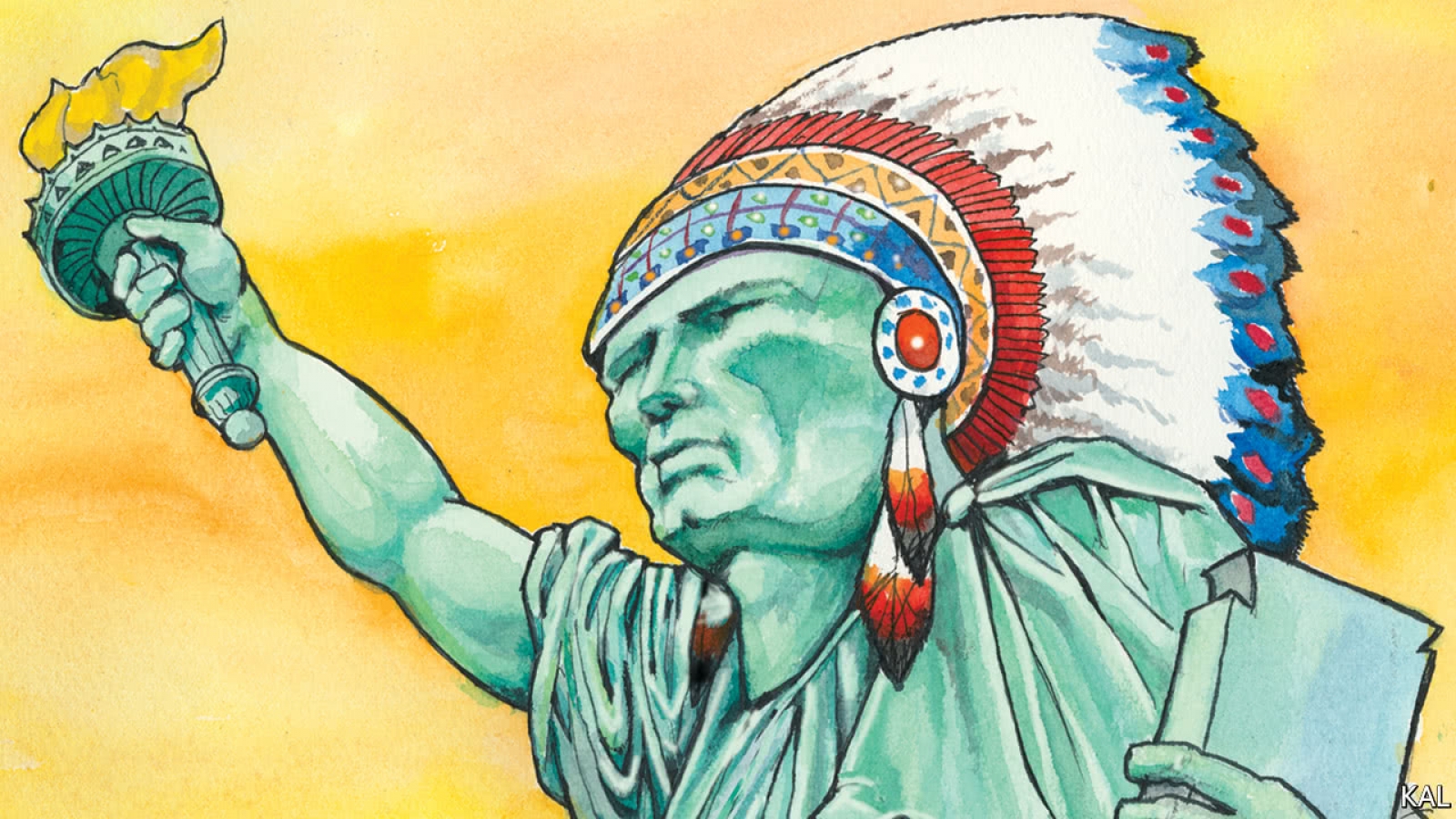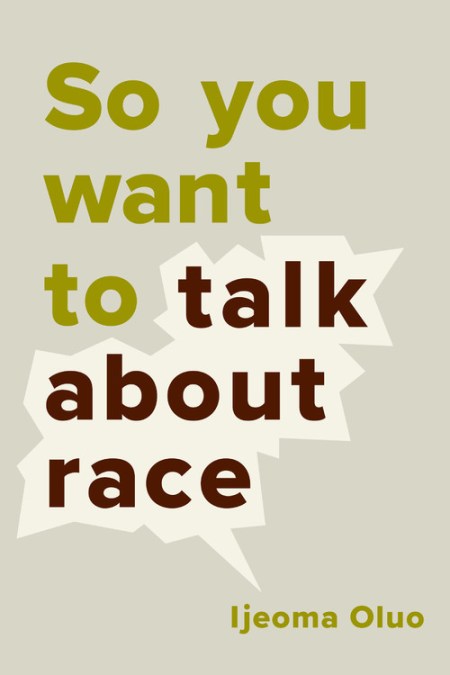When It Comes To Diversity, The Fashion and Beauty Industry Are The Absolute WorstPosted in Articles, Communications/Media Studies, Media Archive, United States on 2018-02-11 04:32Z by Steven |
When It Comes To Diversity, The Fashion and Beauty Industry Are The Absolute Worst
Medium
2018-02-09

These are some of the top fashion magazine covers of 2017
Including the sexy magazines that can’t stand dark-skinned models with puffy hair
As a child — I endured the casual comments from family friends who couldn’t help expressing how much I looked like my mother with the exception of her lighter skin — which I unfortunately didn’t inherit. This practice of exaggerating how my dark-skin didn’t measure up continued with my boarding school mates — who once compared my looks to one of the popular girls — and concluded that even though we looked alike — she was prettier.
We did sort of resemble each other — but she wasn’t prettier. She was just light-skinned. That same rhetoric was responsible for the infatuation and fascination assigned to the biracial students who almost always won beauty competitions and anything else that required the adulation of their prized features.
Interestingly enough — I never pressured myself into sourcing ways to solve the issue of my dark skin — the way other Nigerian women have resolved to do — at the risk of their health. Skin bleaching was a dirty secret when I was growing up — because even though it was glaringly obvious that Mrs. Kalu was indulging in potent solutions that couldn’t quite penetrate her knuckles, elbows or feet — we had to act as if her new complexion wasn’t weird as fuck.
My mother did an excellent job boosting my ego — and as a result there was hardly a time when I stared at the mirror and imagined how much more desirable I would be if the gods had been a little more miserly with the strokes of deep chocolate.
However — when I moved to the States to pursue my college degree — I was greeted with hard truths of what it means to be a “regular Black girl” — during an era when such a disposition was guaranteed to get you nowhere — especially in industries that catered to fashion and entertainment…
Read the entire article here.




